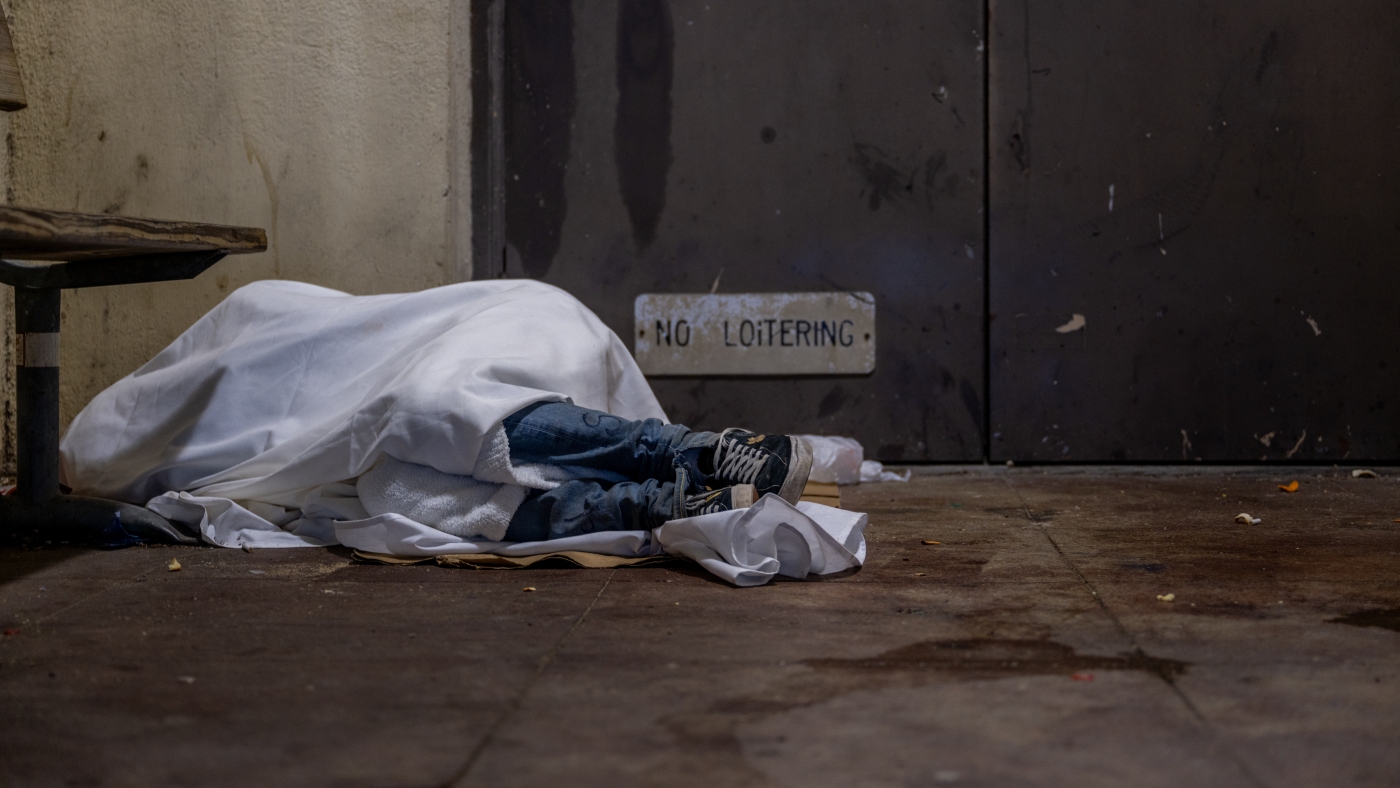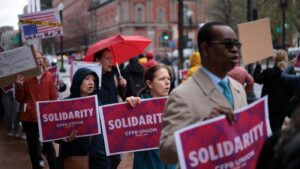The Impact of Shutting Down a Key Homelessness Agency
In a surprising move, the U.S. Interagency Council on Homelessness, a small yet pivotal federal agency, has been effectively halted. This development comes as all its staff members have been placed on administrative leave, raising concerns about the future of homelessness policy coordination in the country.
Jeff Olivet, who served as the agency’s executive director under President Biden, highlighted the agency’s purpose: “The irony here is that the U.S. Interagency Council on Homelessness is designed for government efficiency.” Established by Congress in 1987, the agency aimed to streamline the federal response to homelessness, ensuring it was coordinated and efficient.
Despite having fewer than 20 employees and an annual budget of just over $4 million, the agency was included in a recent executive order issued by President Trump. The order seeks to reduce parts of the federal bureaucracy to the “maximum extent” allowed by law, resulting in the agency’s temporary shutdown.
The Role of the Agency in Managing Homelessness
The agency played a crucial role in assisting states and localities in managing homelessness, especially during times of record-high numbers of people living unsheltered. According to Olivet, efforts in cities like Dallas, Phoenix, and Chicago led to significant reductions or at least prevented increases in unsheltered homelessness.
One of the agency’s notable achievements was its push to reduce homelessness among veterans. Through coordinated efforts to provide housing and healthcare, veterans’ homelessness declined by more than half over a decade.
Ann Oliva, CEO of the National Alliance to End Homelessness, emphasized the agency’s importance, stating, “The U.S. Interagency Council on Homelessness has been vital in shaping effective policy to end homelessness.”
Potential Policy Shifts Under the Trump Administration
Shutting down the agency might pave the way for a shift in homelessness policy under the Trump administration. Historically, the focus has been on securing housing for individuals before addressing mental health or addiction issues. However, there is a growing conservative pushback against this approach.
During Trump’s first term, his appointee sought to steer the agency towards treatment options rather than permanent housing. Yet, the agency’s staff, predominantly career professionals, maintained a housing-first focus. Devon Kurtz from the Cicero Institute believes that a shift away from this policy could occur more easily without the agency’s influence.
Despite this, there is uncertainty about potential legal challenges to the agency’s shutdown. Some Democratic members of Congress have voiced objections to Trump’s actions. Rep. Emanuel Cleaver II of Missouri expressed concern, stating, “At a time when housing costs and homelessness are on a historic rise, we need an all-hands-on-deck approach.”






